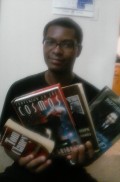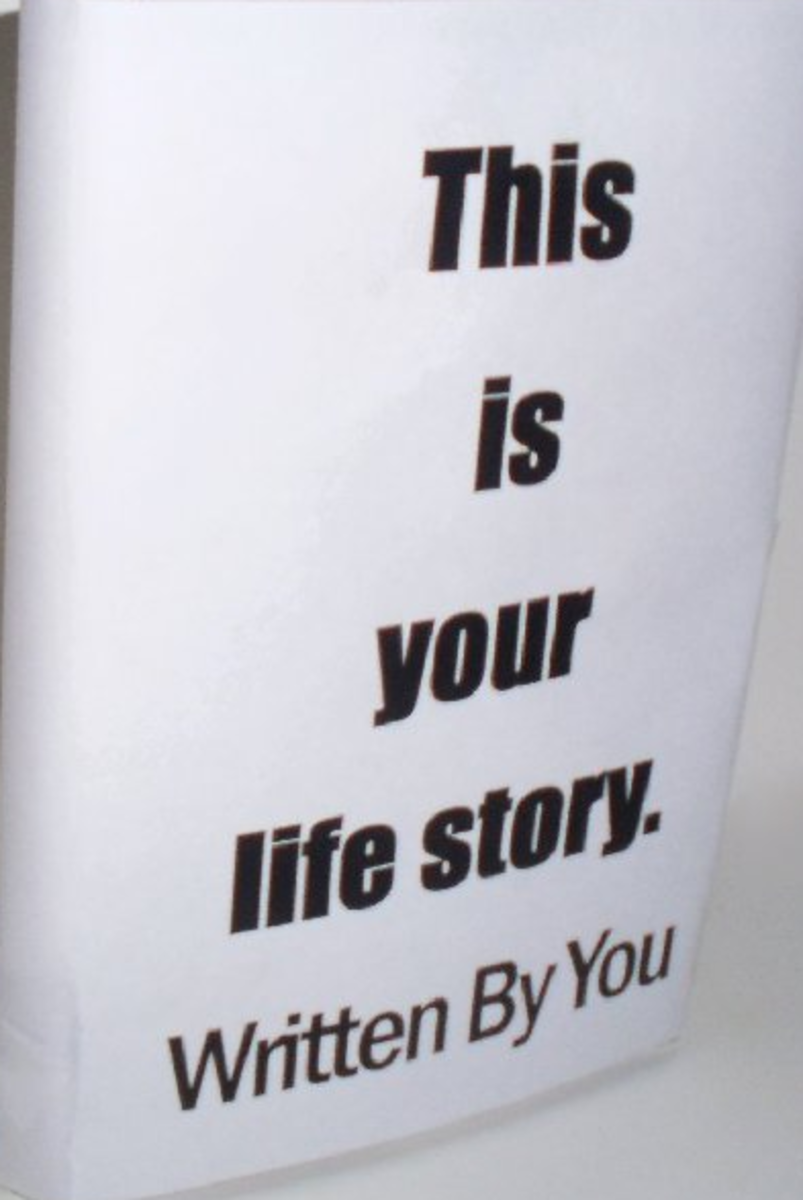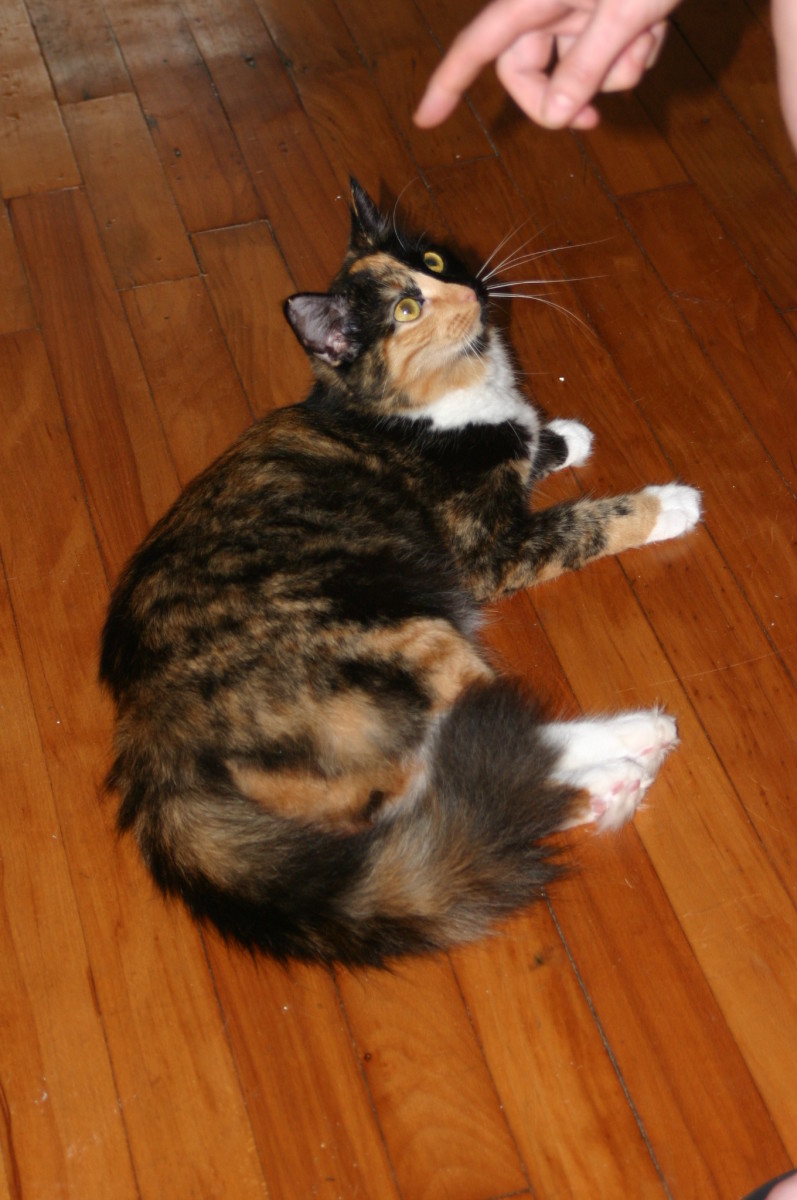How to Write Blogs and Website Content - Step by Step Guide
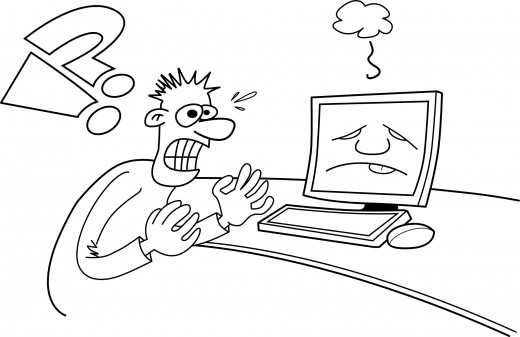
From Writer to Writer
As a full-time professional online writer, writer block and time-wasting have been my worst enemies.
I started my online writing career two years ago and mainly focused on freelance ghostwriting, as a business, and creative writing (novels and short story) for my enjoyment and personal development as a writer.
I have written so many words, which I've obviously lost count of, but I often joke with my partner about having as many words under my belt as an experienced pilot has air miles.
Not a bad comparison, isn't it?
So, in my busy days of mostly ghostwriting I had to find a way to be fast and efficient, whilst keeping quality standards. I am one of those writers that edits and edits and edits and reviews and edits some more...and all of that sometimes for an $8 article. Regardless of the pay, I never felt right to send through a bad article.
Today I writer mostly for myself, and my personal blogs, including Hubpages, and I find that the structure and methods I've developed in the past two years is helping me to be more disciplined and write efficiently, at least in most cases when the words don't take over and I just write...
Okay, as promised, here are my 3 simple ways to make your writing efficient:
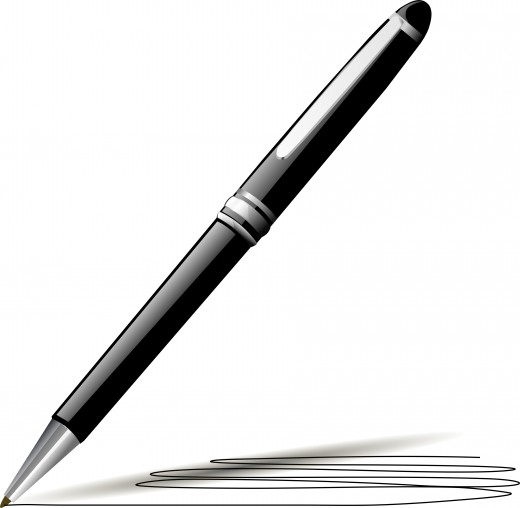
1. Start with A Basic Outline
This method helped me to write articles 5-10 times faster. I will use the example for an article that requires research and may even be a topic you are not exactly crazy about, just to illustrate how it helps.
Okay, so let's take a hypothetical tile: '5 Dangers of Rat Poison'
( I know, not a pretty topic huh? - unfortunately I've ghostwritten many of these in my time)
What I usually do is create the old school outline:
Intro
Content
Conclusion
Then I add some bullet points under each point just from the top of my head, to get me going:
Intro
- briefly describe rat poison
- briefly mention dangers
- add an interesting / catching fact
Content
- Danger 1
- Danger 2
- Danger 3
Conclusion
- quick summary of dangers and why they are important
- a call to action (depending on the article this may be a question to encourage comments, or selling a product, etc.)
I always use this type of structure and it gives me a foundation. I then go on with my research and come back adding things in my words. I find that always avoids plagiarism, and then I rewrite / edit my article a few times until I'm happy with it.
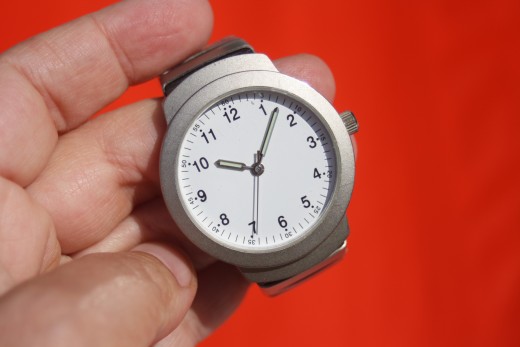
2. Give Yourself A Time Limit
From my experience, if I don't give myself a time limit, at least as a goal, I just drag it on. One place I really developed this skill is at iWriter.com. There you have a very strict time limit for short articles, and it really challenges you to stay at your computer until you finish.
Most people think it's not possible to write quality in a few hours, if not even less, but my experience showed me differently. If the article does not require extensive research and you are familiar with the topic, it is possible to write pretty fast. The key is to stay focused, keep that attention span, and avoid all distractions.
If you stand up to go to the fridge, call your best friend, take a coffee break and do some other chores, it will just delay your article writing. Try to stay focused and get the first draft through in one go. Please note that this is only applicable for general web articles that do not need heavy research, as I'm not suggesting you can get a novel or literature review finished in one go.

3. Take a Short Break Before the Final Editing Session
For me this has been the life-saving method in all my writing. Whether I write my own short stories and novel chapters, blogs, hubs or ghostwritten press releases, I always take a break before the final editing session.
No matter how much I love my writing, by the end of it I really dislike editing it. For this reason, I take a short break, grab a cup of coffee or do anything else I want and then come back to it to review and edit.
When I didn't take this short break I used to always miss major mistakes, and know this has substantially decreased. I seem to also feel better about my work after the break, as I just read it over and feel a nice sense fulfillment that 'hey! I wrote that'.
Quick word of advise here, try to keep that break short. A few times I made my breaks fairly long, from hours to days, and I simply disconnected with the work and started perceiving the whole editing process as a chore. Please note this may not be relevant for big writing pieces such as novels and so on.
A Quick Sum Up?
3 Simple Ways
| To Make Your Writing Effcient
|
|---|---|
1.
| Start with a basic outline
|
2.
| Give yourself a time limit
|
3.
| Take a short break before the final editing session
|
Do You Have Any Tips?
As I mentioned, this is only from my experience and based on two humble years of writing online. I look forward to hearing your ideas, whether you are a beginner or an experienced writer.
Leave a comment below, let's share some awesome writing knowledge!
© 2014 Georgiana

